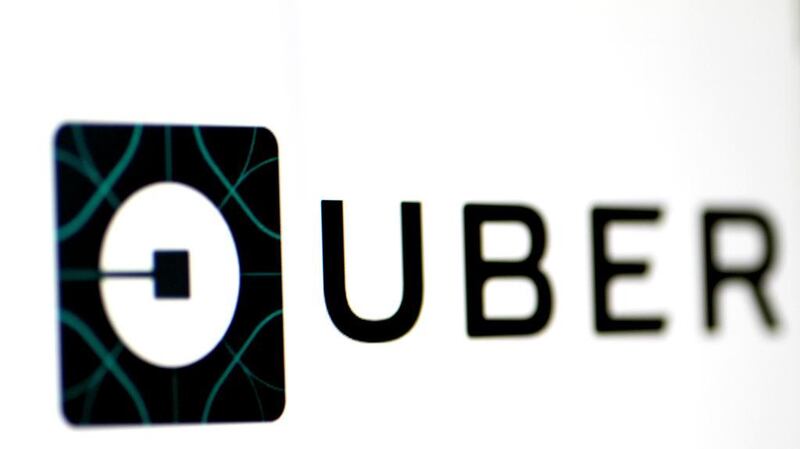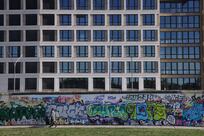“Thousands of riders request Uber everyday—use your vehicle to cash in on the action”. That is the slogan with which Uber attracts drivers into its pool in one European country. Uber assures drivers that they can make great money and set their own schedule. They will be their own masters – not employees but “partners” of Uber Technologies, which, as the company recently told the European Court of Justice, is an “information society service provider”, not a taxi firm.
Uber's self-description was rejected by the ECJ, which held that the app provider "must be classified as a 'service in the field of transport' within the meaning of EU law". This ruling terminates the easy, unregulated ride Uber has so far enjoyed under the European Union's e-commerce directive by claiming to be a software company. It will henceforth be subject to national and local transport regulations of the EU's member states.
________________
Read more
[ Uber to be treated like a regular taxi firm, rules EU court ]
[ Uber driver arrested over UK diplomat murder in Lebanon ]
[ Uber dealt another blow over drivers' rights in UK ]
________________
From London to Luxembourg, Uber's argument that it is nothing more than an intermediary that connects passengers with drivers is crumbling. And this is provoking the worry in some quarters that this will suppress innovation. Uber at its core, say critics of regulation, offers the same service as the apps and websites that help consumers find a cheap bed in a hotel or an affordable seat on a flight. They are providers of the technology that enables people to find what they want – not proprietors or suppliers of the commodity or service that people want.
The reality of Uber, however, is different. It doesn't merely "connect". Its relationship with the drivers is by no stretch of the word a "partnership"; the degree of control it exercises over them – from selecting the route to determining the fare – suggests a relationship more akin to an employer-employee arrangement. Uber is a disruptive force and, though it has produced many benefits for consumers, it has also, understandably, generated much hostility. The question of safety has haunted Uber ever since it debuted, and the fact that the man suspected of murdering a British diplomat in Beirut earlier this month happens to be an Uber driver brings this matter to the fore. Why is there still no feature on the app to alert authorities to danger? Why won't Uber direct its innovative energies into creating an interface that allows passengers to sound the alarm? The question "what is Uber?" is not yet settled internationally. If Uber wants the answer to be to its liking, it should do a great deal more than it is doing right now.
Follow The National's Opinion section on Twitter





